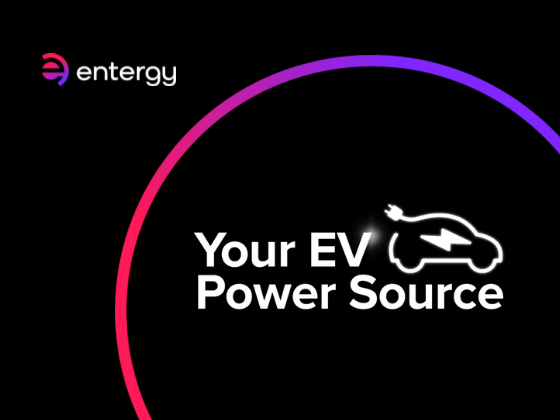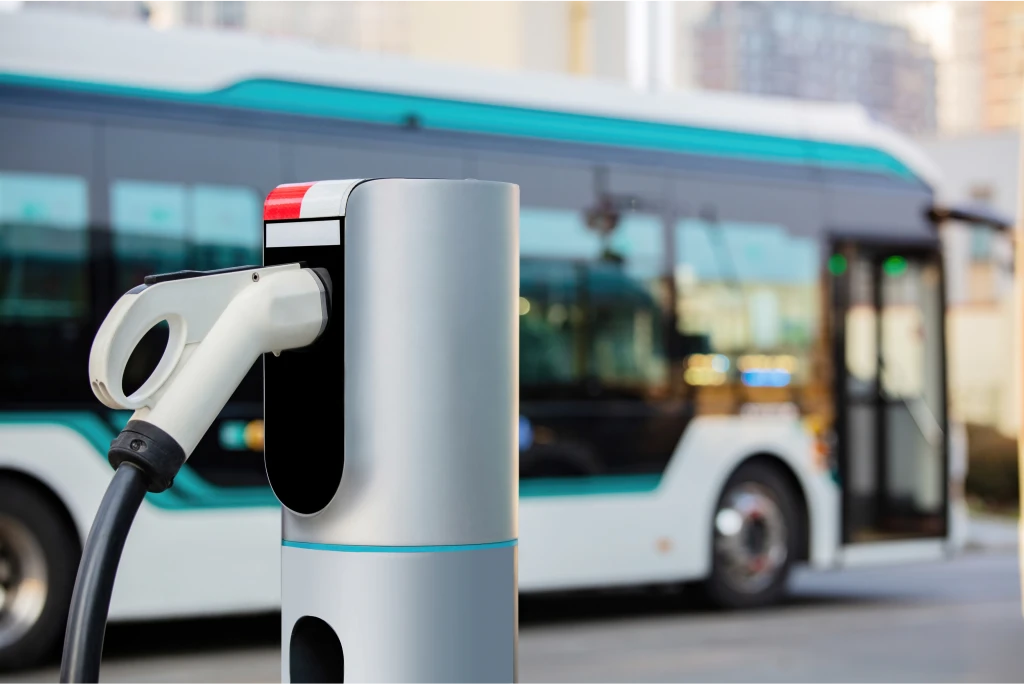Insights > Thinking about electrifying your fleet? Driving profits, reducing emissions: The advantages of EV adoption
Driving profits, reducing emissions: The advantages of EV adoption



 Unlock the future of driving with our EV podcast
Unlock the future of driving with our EV podcast Are electric vehicles really better for the environment?
Are electric vehicles really better for the environment? Port Arthur Transit goes electric
Port Arthur Transit goes electric